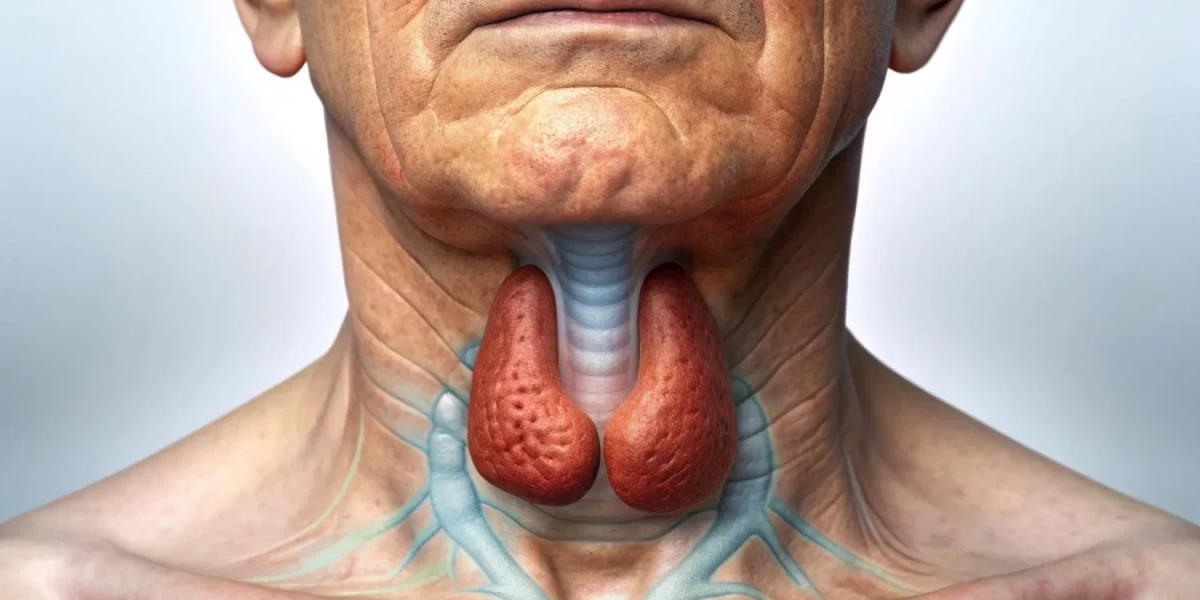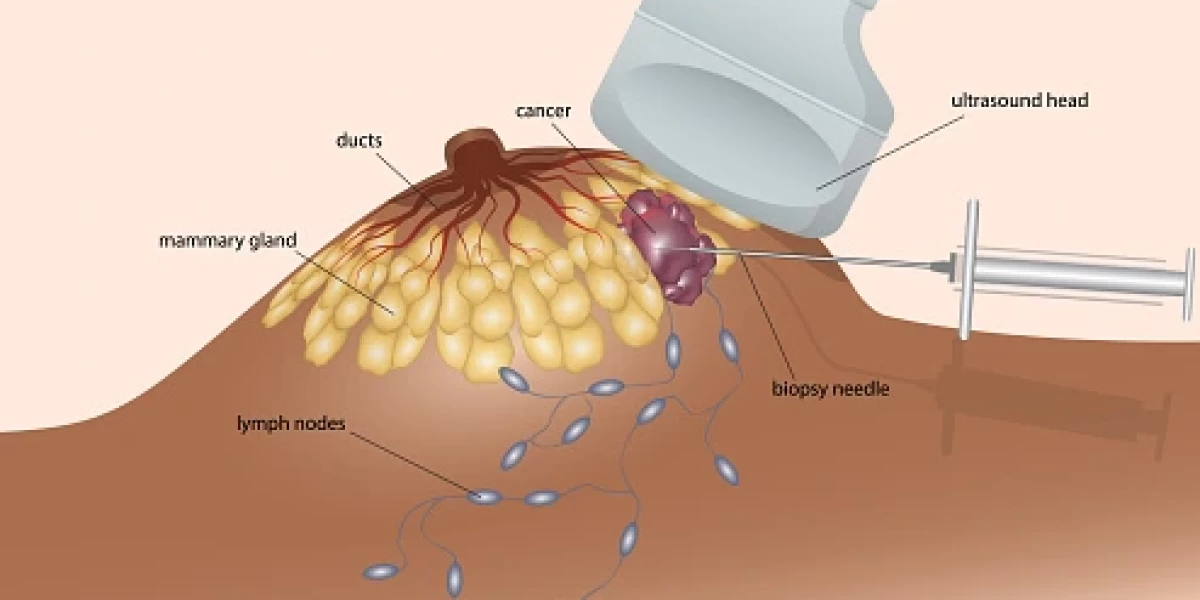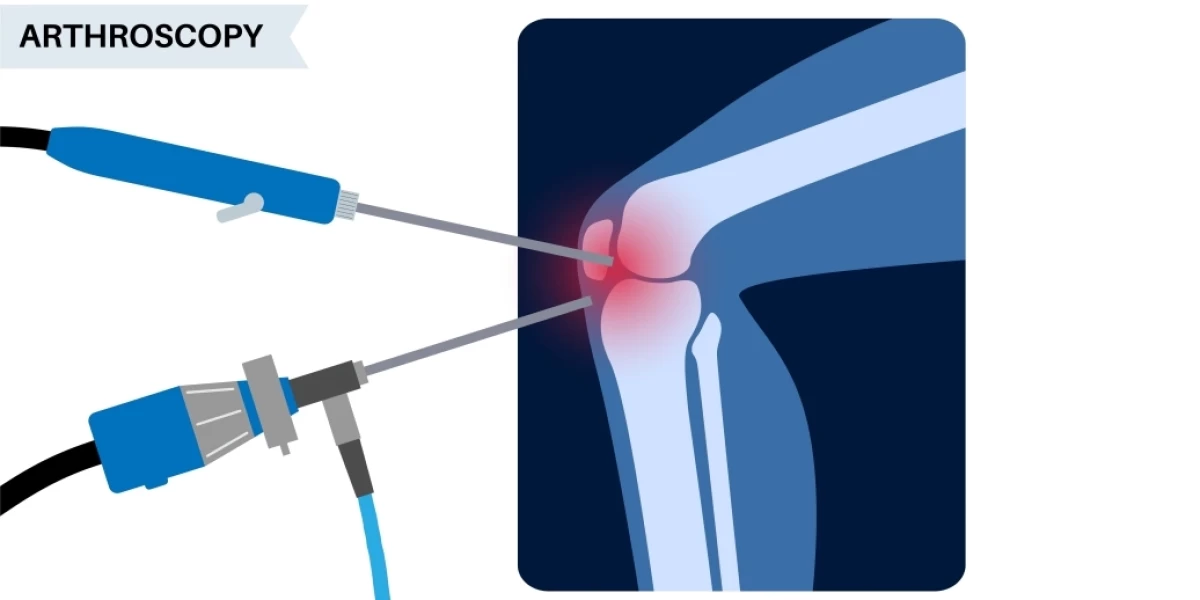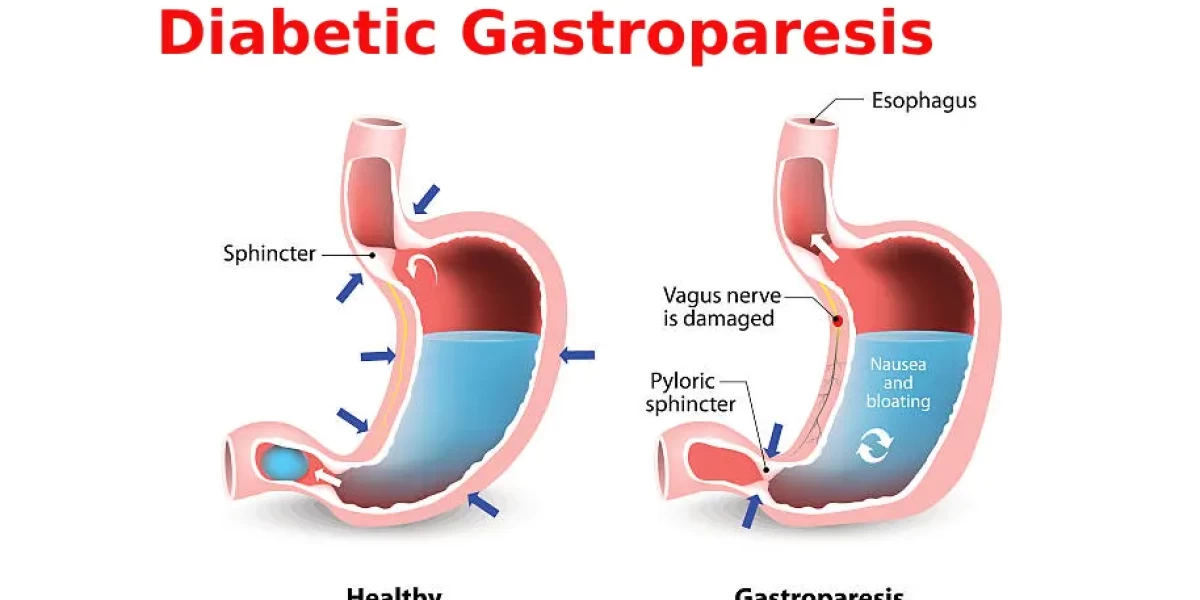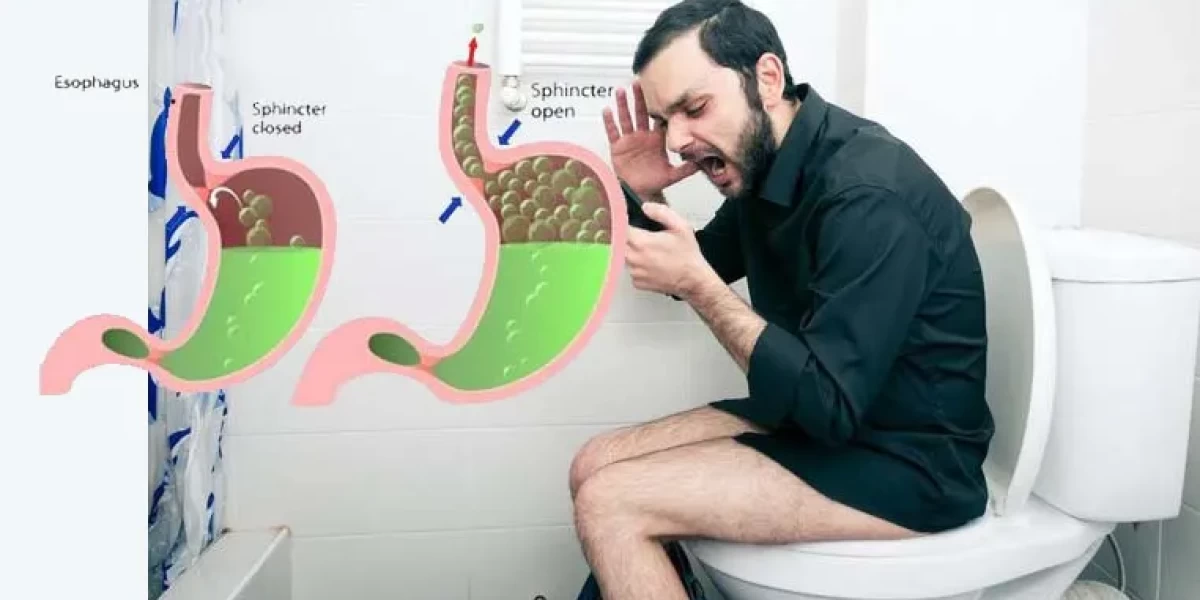Introduction
Esophageal cancer is a serious and increasingly common form of cancer that affects the esophagus, the tube that carries food from the throat to the stomach. This cancer often goes unnoticed in its early stages, leading to a significant impact on overall survival rates. Early detection is critical because when caught in its initial stages, esophageal cancer is more treatable, with better chances of survival. Unfortunately, the rising incidence of esophageal cancer worldwide has brought greater attention to its risk factors and the need for improved awareness. Factors such as smoking, heavy alcohol use, obesity, and chronic acid reflux have all contributed to the increased prevalence of this disease. Timely diagnosis and intervention can improve patient outcomes, making it essential for individuals to recognize the warning signs and seek medical help promptly.
Signs and Symptoms of Esophageal Cancer
The early signs and symptoms of esophageal cancer can often be subtle, making it easy to dismiss them as minor health issues. However, being aware of these symptoms and addressing them early can be lifesaving. Here are the key warning signs to watch for:
-
Difficulty swallowing (dysphagia): One of the earliest and most common symptoms of esophageal cancer is trouble swallowing. This may begin as a feeling of food getting stuck in the throat or chest and gradually progress to more difficulty swallowing even liquids. As the tumor grows, it narrows the esophagus, making it harder for food to pass through.
-
Persistent heartburn or acid reflux: Chronic heartburn or gastroesophageal reflux disease (GERD) can damage the lining of the esophagus, increasing the risk of developing esophageal cancer. While occasional heartburn is normal, frequent or severe heartburn that doesn't improve with over-the-counter medications should be taken seriously. This symptom is often mistaken for a common digestive issue, but persistent reflux could be a sign of something more serious.
-
Unexplained weight loss: Sudden, unexplained weight loss can be an indicator of various health problems, including esophageal cancer. As the disease progresses, individuals may eat less due to difficulty swallowing or a reduced appetite. This symptom often goes hand in hand with dysphagia, making it harder to maintain proper nutrition and body weight.
-
Chest pain or discomfort: Pain or discomfort in the chest, particularly behind the breastbone, can be another warning sign of esophageal cancer. This pain may occur while eating or swallowing, but it can also happen independently of meals. Chest pain should never be ignored, especially if it is persistent or worsening, as it could indicate a serious underlying condition.
-
Chronic cough or hoarseness: A cough that lingers for weeks or a hoarse voice that doesn't improve could be a sign of esophageal cancer. These symptoms may occur when the cancer irritates the esophagus or affects nearby structures such as the vocal cords. A persistent cough or voice change should be evaluated, particularly if it accompanies other symptoms like difficulty swallowing or heartburn.
Causes and Risk Factors of Esophageal Cancer
Esophageal cancer is influenced by various causes and risk factors, with lifestyle choices being among the most significant contributors. Smoking is a well-documented risk factor for esophageal cancer. The toxins from tobacco can irritate the esophagus, leading to cellular changes and increasing cancer risk. Smoking combined with other unhealthy habits, like excessive alcohol consumption, further elevates the likelihood of developing esophageal cancer. Alcohol irritates the esophageal lining, and when consumed in large amounts, it works synergistically with smoking to heighten the risk even more.
In addition to lifestyle factors, certain medical conditions can increase the risk of esophageal cancer. Gastroesophageal reflux disease (GERD) is a condition in which stomach acid repeatedly flows back into the esophagus, leading to irritation. Over time, chronic acid exposure can damage the esophageal lining and lead to changes in the cells, increasing the risk of cancer. One significant complication of GERD is Barrett’s esophagus, a condition where the esophageal lining is replaced with tissue similar to the intestine's lining. Barrett’s esophagus is considered a precancerous condition and significantly raises the chances of developing esophageal cancer. Other risk factors include obesity, poor diet, and a history of radiation therapy to the chest or upper abdomen, all of which can increase susceptibility to the disease.
How Is Esophageal Cancer Diagnosed?
The diagnosis of esophageal cancer involves a comprehensive approach, beginning with the collection of a patient’s medical history. Physicians typically inquire about symptoms such as difficulty swallowing (dysphagia), chest pain, or unexplained weight loss, all of which may indicate esophageal cancer. A thorough medical history also helps assess risk factors, such as smoking, alcohol consumption, or a history of GERD, providing essential context for further diagnostic evaluations.
Physical examinations are another critical step in diagnosing esophageal cancer. During the exam, the doctor may feel for lumps or abnormalities in the neck and abdomen that could signal advanced disease. However, physical examinations alone are not enough to diagnose the condition definitively. Further diagnostic tests are required.
One of the most effective diagnostic tools for esophageal cancer is an endoscopy. During this procedure, a thin, flexible tube with a camera is inserted into the throat to examine the esophagus closely. If abnormalities are detected, a biopsy may be performed, where a small tissue sample is taken from the esophagus for analysis under a microscope. Imaging studies such as CT scans, PET scans, or MRI scans are also commonly used to determine the extent of the cancer, assess if it has spread, and aid in staging the disease.

Treatment and Medication of Esophageal Cancer
The treatment of esophageal cancer depends on several factors, including the stage of the disease and the patient's overall health. Surgery is one of the most common treatment options, particularly in the early stages of esophageal cancer. Surgeons may remove part of the esophagus or the entire esophagus, depending on how far the cancer has spread. This procedure, known as esophagectomy, can be lifesaving when performed early.
Radiation therapy and chemotherapy are also key treatment modalities for esophageal cancer. Radiation therapy uses high-energy beams to target and kill cancer cells, while chemotherapy involves the use of drugs to destroy cancer cells. Often, these treatments are combined before surgery (neoadjuvant therapy) to shrink tumors, or after surgery (adjuvant therapy) to prevent cancer recurrence.
Targeted therapies represent a newer and more personalized approach to treating esophageal cancer. These therapies focus on specific proteins or genes that fuel cancer growth. For instance, medications like trastuzumab target HER2-positive esophageal cancers, offering a more precise and less toxic treatment option. A multidisciplinary approach, including oncologists, surgeons, and dietitians, is essential for developing an individualized treatment plan that maximizes outcomes while minimizing side effects.
Prevention of Esophageal Cancer
Preventing esophageal cancer is possible by making healthy lifestyle choices and managing underlying medical conditions. One of the most effective prevention strategies is avoiding tobacco use altogether, as smoking is a major risk factor. Similarly, limiting or eliminating excessive alcohol consumption can significantly reduce the chances of developing esophageal cancer.
Maintaining a healthy diet is another critical aspect of prevention. Diets rich in fruits and vegetables provide essential nutrients and antioxidants that help protect the esophagus from cellular damage. Obesity is also linked to an increased risk of esophageal cancer, so maintaining a healthy weight through regular exercise and balanced eating habits is vital.
Managing acid reflux is key in preventing GERD and Barrett’s esophagus, both of which can lead to esophageal cancer. Lifestyle modifications, such as eating smaller meals, avoiding trigger foods (like spicy or fatty foods), and not lying down immediately after eating, can help reduce acid reflux symptoms. Over-the-counter or prescribed medications can also assist in controlling acid levels and preventing long-term damage to the esophagus.
Complications of Esophageal Cancer
Esophageal cancer and its treatment can lead to significant complications, which can greatly affect a patient’s quality of life. One of the most common complications is difficulty swallowing (dysphagia), which occurs as the cancer grows and narrows the esophagus. As swallowing becomes increasingly difficult, patients may struggle to consume solid foods, leading to weight loss and malnutrition. Treatment options like surgery, radiation, or stent placement can help alleviate this symptom, but ongoing management is often necessary to maintain an adequate intake of food and fluids.
Another major concern is the risk of nutritional deficiencies. Since esophageal cancer can severely limit a patient’s ability to eat normally, maintaining proper nutrition becomes a challenge. Nutritional deficiencies may arise from inadequate intake of essential vitamins and minerals. In some cases, feeding tubes or specialized diets are required to ensure patients receive enough nutrients. Working closely with dietitians and healthcare providers is crucial in managing these deficiencies and maintaining overall health during and after treatment.
The impact of esophageal cancer and its treatment on overall quality of life cannot be ignored. Patients may experience fatigue, pain, emotional distress, and social isolation due to the physical and psychological toll of the disease. Side effects from treatments, such as chemotherapy or radiation, can add to this burden, causing nausea, weakness, and other discomforts. Addressing these issues with healthcare providers is essential to ensure that patients receive the necessary support and interventions to manage symptoms and improve their quality of life.
Esophageal Cancer: Stages and Survival Rates
Esophageal cancer is a serious condition that develops in the lining of the esophagus, the long tube connecting the throat to the stomach. Understanding the stages of esophageal cancer and the associated survival rates is crucial for patients and their families to navigate treatment options and set realistic expectations for outcomes. Early detection and intervention can significantly improve survival chances, but the prognosis largely depends on the stage at which the cancer is diagnosed.
Stages of Esophageal Cancer
Esophageal cancer progresses in stages, which describe how much the cancer has grown and spread. The stages range from 0 to IV, with each stage representing a different level of advancement.
-
Stage 0 (Carcinoma in Situ): In this early stage, abnormal cells are found in the inner layer of the esophagus but have not yet spread to deeper tissues. These cells may become cancerous over time. Since the cancer is highly localized, treatment at this stage, often involving endoscopic surgery, has a very high success rate.
-
Stage I: At this stage, the cancer has begun to spread to the deeper layers of the esophageal wall but has not yet reached the lymph nodes or other organs. Surgery to remove the tumor, sometimes followed by chemotherapy or radiation, is typically the primary treatment.
-
Stage II: In stage II, the cancer has invaded more layers of the esophagus and may have spread to nearby lymph nodes but not to distant organs. Treatment options frequently comprise a mix of surgery, chemotherapy, and radiation therapy. At this stage, treatment becomes more complex, but curative options are still possible.
-
Stage III: By stage III, the cancer has spread to the outer layers of the esophagus and nearby lymph nodes. It may also affect surrounding tissues. Treatment often involves more aggressive therapies, including surgery, radiation, and chemotherapy. In some cases, targeted therapies may be considered.
-
Stage IV: Stage IV is the most advanced stage of esophageal cancer, where the cancer has spread to distant organs such as the liver, lungs, or bones. At this stage, the disease is typically considered incurable, but treatments like chemotherapy, radiation, and palliative care can help manage symptoms and improve quality of life.
Survival Rates by Stage
Survival rates for esophageal cancer differ widely depending on the stage at which it is diagnosed. These rates are often measured in terms of five-year survival, which refers to the percentage of patients who live at least five years after their diagnosis.
-
Stage 0: The five-year survival rate for patients diagnosed at stage 0 is close to 100%. Since the cancer is highly localized and can be treated with minimal intervention, outcomes are typically excellent.
-
Stage I: For patients diagnosed at stage I, the five-year survival rate ranges from 45% to 60%. Early-stage cancers that haven’t spread to lymph nodes are more likely to be treated successfully through surgery or localized therapies.
-
Stage II: The five-year survival rate for stage II esophageal cancer drops to around 30% to 40%. The cancer's spread to the deeper layers of the esophagus and possibly to nearby lymph nodes makes treatment more challenging, but curative treatment is still possible.
-
Stage III: At stage III, the five-year survival rate ranges from 15% to 25%. As the cancer spreads to nearby tissues and lymph nodes, the effectiveness of treatment decreases, but aggressive therapy can still offer hope for long-term survival in some cases.
-
Stage IV: The five-year survival rate for stage IV esophageal cancer is typically less than 5%. At this advanced stage, the cancer has spread to distant organs, and treatment is focused on managing symptoms and improving the patient’s quality of life rather than curing the disease.
Factors Influencing Survival Rates
While the stage at diagnosis is a primary factor in determining survival rates, other factors can also influence outcomes. These include the patient’s overall health, age, response to treatment, and the type of esophageal cancer (adenocarcinoma or squamous cell carcinoma). Patients who receive care from specialized cancer centers with access to advanced therapies may have better outcomes.
Research and Statistics on Esophageal Cancer
Current research on esophageal cancer has provided valuable insights into survival rates, treatment advancements, and ongoing clinical trials. Survival rates for esophageal cancer differ based on the stage at diagnosis. Early detection is key, as the 5-year survival rate for localized esophageal cancer is around 47%, but it drops to about 5% for cancers that have spread to distant parts of the body. These statistics highlight the importance of early diagnosis in improving outcomes for patients.
Recent advancements in treatment offer hope for those battling esophageal cancer. Innovative therapies, such as targeted therapies and immunotherapy, have shown promise in improving survival rates and reducing the side effects associated with traditional treatments. Clinical trials are ongoing to explore new approaches to treatment, including combinations of chemotherapy, radiation, and immunotherapy, as well as personalized medicine strategies that tailor treatments based on a patient's genetic makeup.
Participation in ongoing clinical trials is critical for advancing esophageal cancer treatment and improving patient outcomes. Researchers are constantly exploring new drugs, treatment protocols, and technologies to enhance the effectiveness of existing treatments and discover novel options. Staying informed about the latest research and participating in clinical trials, when eligible, can provide patients with access to cutting-edge therapies and contribute to the overall body of knowledge on esophageal cancer.
The Importance of Awareness
Raising awareness about esophageal cancer is vital in ensuring early detection, improving outcomes, and supporting research efforts. Increased awareness among the general public can help people recognize the early symptoms of esophageal cancer, such as difficulty swallowing, chest pain, or unexplained weight loss, and prompt them to seek medical advice. Early diagnosis greatly increases the chances of successful treatment, making awareness campaigns essential in the fight against this disease.
Healthcare professionals also play a critical role in awareness and early detection. By staying informed about the latest research and advancements in the diagnosis and treatment of esophageal cancer, healthcare providers can better educate their patients, especially those at higher risk, such as individuals with chronic acid reflux or a history of smoking. Encouraging routine screenings and vigilance in monitoring symptoms can lead to earlier intervention and better patient outcomes.
Supporting initiatives aimed at early detection and prevention is another key aspect of raising awareness. Public health campaigns, advocacy groups, and community events can help spread important information about esophageal cancer and its risk factors. By sharing knowledge and promoting research efforts, we can work together to reduce the prevalence of this disease and improve the quality of life for those affected.
Conclusion
In conclusion, esophageal cancer is a serious disease with potentially life-altering complications, including difficulty swallowing, nutritional deficiencies, and a decline in overall quality of life. Staying informed about the latest research, survival statistics, and treatment advancements is essential in demystifying the disease and offering hope to patients. Awareness is critical, both among the general public and healthcare professionals, in recognizing early signs and seeking timely medical advice. By sharing information and supporting research initiatives, we can make strides toward early detection, improved treatments, and better outcomes for those affected by esophageal cancer. Take proactive steps in your health journey and stay informed—early action can make a significant difference.
Frequently Asked Questions(FAQ's)
-
What was your first symptom of esophageal cancer?
-
The earliest symptom of esophageal cancer is usually difficulty swallowing (dysphagia). This might feel like food is getting stuck in your throat.
-
How is early esophageal cancer treated?
-
Early esophageal cancer is often treated with surgery to remove the tumor. Other treatments may include chemotherapy, radiation therapy, targeted therapy, or immunotherapy.
-
How to detect esophageal cancer early?
-
Early detection of esophageal cancer can be done through upper endoscopy for those at high risk, such as people with Barrett's esophagus. Regular screenings can help detect changes in the esophagus cells.
-
Is esophageal cancer curable if caught early?
-
Yes, esophageal cancer is more likely to be curable if caught early. Early-stage cancers have a better prognosis and more treatment options.
-
Is stage 1 esophageal cancer curable?
-
Yes, stage 1 esophageal cancer can be treated with curative intent using surgery or a combination of chemotherapy and radiation therapy.
-
What does stage 1 esophageal cancer look like?
-
Stage 1 esophageal cancer typically involves a small tumor confined to the inner layer of the esophagus. It has not spread to deeper layers or other parts of the body.
-
How does cancer of the oesophagus start?
-
Esophageal cancer starts when cells in the esophagus begin to grow uncontrollably. This can be due to genetic mutations, often influenced by risk factors like smoking, heavy alcohol use, and Barrett's esophagus.
-
How to avoid esophageal cancer?
-
To reduce the risk of esophageal cancer, avoid smoking, limit alcohol consumption, maintain a healthy diet, and manage acid reflux or GERD.
-
What is the main cause of esophageal cancer?
-
The main causes of esophageal cancer include smoking, heavy alcohol use, and chronic acid reflux (Barrett's esophagus).

